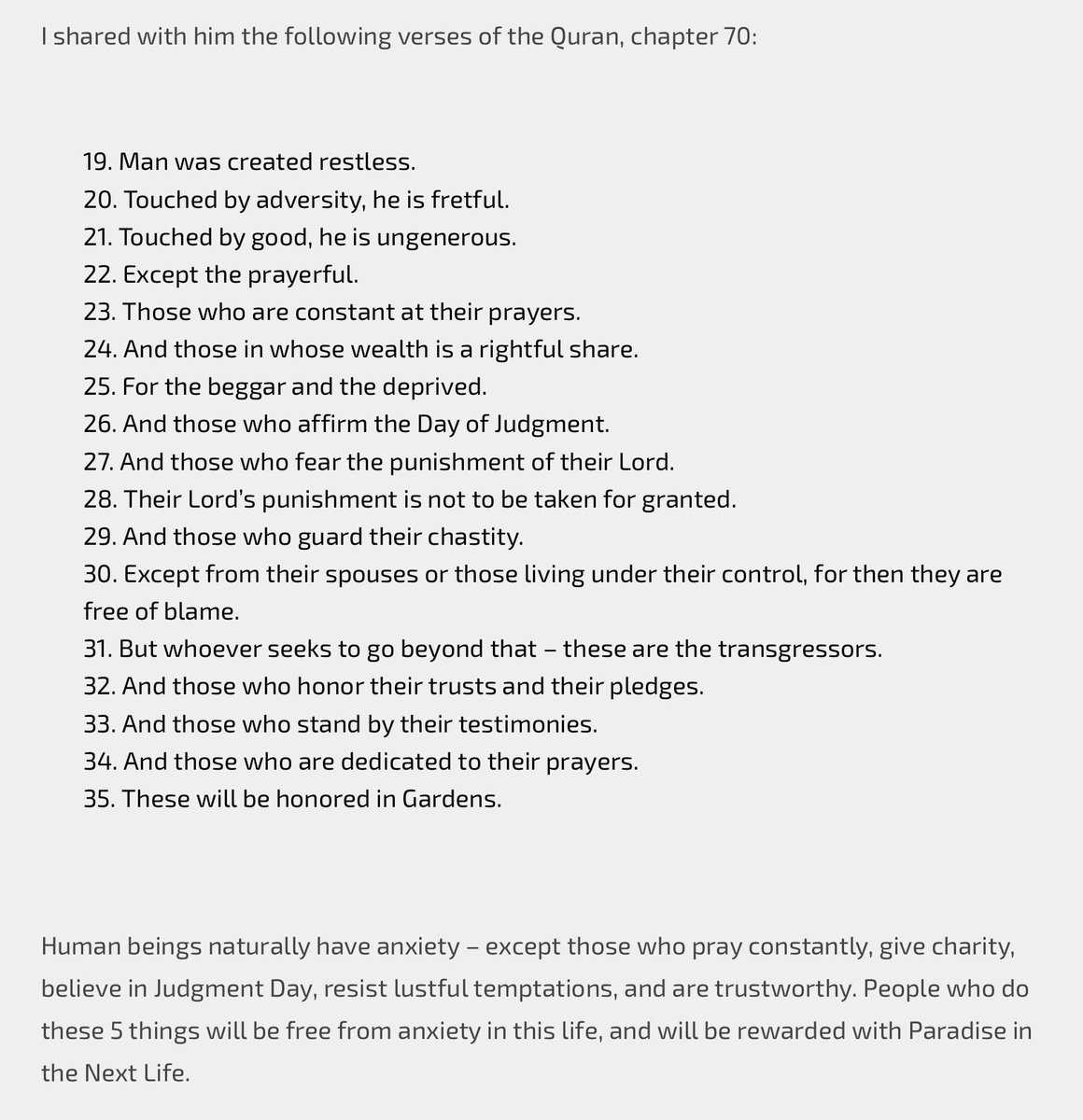
How to get URL link on X (Twitter) App

https://twitter.com/ibnabitareq/status/1029469212299943936People talk about hijab & modesty like they're synonymous bc hijab is a clear ruling that promotes modesty. But modesty is more than fiqh, and a big part of it is having wisdom & good judgement of context. Things can be permissible but not the most modest. Context matters.

https://twitter.com/ibnabitareq/status/1006140066224398336
